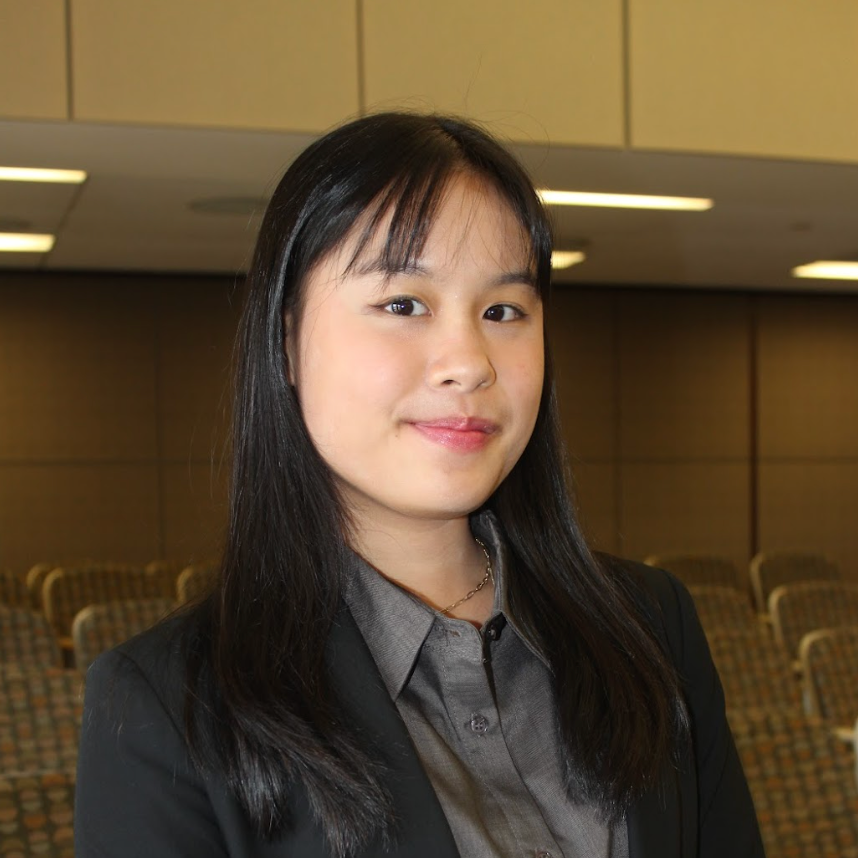Overview
The OACPS is a coalition of 79 states across Africa, the Caribbean, and the Pacific dedicated to promoting sustainable development, regional integration, and international cooperation. Originally established to negotiate collectively with the European Union, it now also functions as a platform for South-South collaboration, capacity-building, and policy alignment on shared challenges. From climate change and trade imbalances to education and technology access, the OACPS provides a unified voice for some of the world’s most vulnerable nations as they seek equitable growth in a globalized economy.
Topic 1: Human Capital Development and Preventing Brain Drain
At this conference, the first topic will be Human Capital Development and Preventing Brain Drain. A major challenge for many OACPS nations is the continuous emigration of educated professionals to wealthier countries. This “brain drain” limits economic growth, weakens public services, and reinforces dependency cycles. Delegates must consider how to create opportunities that retain talent, such as investing in higher education, improving working conditions, and fostering local entrepreneurship. Should OACPS push for bilateral agreements that facilitate circular migration or require reinvestment into source countries? How can digital platforms and remote work help reverse brain drain trends? Delegates should explore innovative strategies to harness the global diaspora and transform it into a resource for national development, rather than a loss.
Topic 2: Supporting Climate Resilience in Vulnerable Economies
Additionally, the second topic will be Supporting Climate Resilience in Vulnerable Economies. OACPS countries, many of which are small island states or climate-vulnerable regions, face acute threats from rising sea levels, hurricanes, droughts, and soil erosion. Building resilience is not only a matter of infrastructure but of political will, inclusive planning, and equitable financing. Delegates must examine how to leverage global climate funds, push for debt-for-climate swaps, and develop early warning systems and adaptation technologies. What role can regional institutions play in coordinating climate strategies? How can indigenous and local knowledge be integrated into national climate plans? The discussion must center on sustainable, community-led, and justice-based solutions that recognize historical inequalities in climate vulnerability.
The Dais
Ioannis Asikis - Chair
Ioannis Asikis is a sophomore at Boston University’s Frederick S. Pardee School of Global Studies, pursuing a B.A. in International Relations with minors in Philosophy and Spanish. Born in Athens, Greece, Ioannis immigrated to Brookline, Massachusetts, where he first discovered his passion for diplomacy through Model UN. He is honored to welcome delegates as the Chair for the Organization of African, Caribbean and Pacific States (OACPS) committee.
MUN has been a huge part of his journey, from serving as a two-time Secretary-General of his high school’s conference to traveling overseas to serve on the Secretariat of a MUN conference in his home country. He has always admired the way MUN brings together a range of voices and ideas to tackle global issues through collaboration.
Most recently, he completed his term as the Student Member on the Massachusetts Board of Education, representing nearly 900,000 students statewide. As one of the few student board members in the U.S. with full voting rights, he worked to ensure student perspectives were at the forefront of statewide decision-making.
Ioannis is incredibly excited to see delegates engage with the issues before this committee. He encourages all delegates to come ready to share their ideas, listen to new perspectives, and grow as global thinkers.
Contact: asikisy@bu.edu
Ling Lu - Vice Chair
Ling Lu is a freshman at Boston University majoring in Psychology. Originally from Taipei, Taiwan, she also spent five years living in Australia before returning to boarding school in Taiwan. She is thrilled to welcome delegates as the Vice Chair for the Organization of African, Caribbean and Pacific States (OACPS) committee.
Ling has participated in several Model UN conferences, but this marks her first time chairing and her first time involved with OACPS, which means we are all learning together. She is passionate about making meaningful connections, organizing events, and learning new things, and her other interests include dancing, playing violin, reading, and hunting down good food.
The OACPS focuses primarily on issues regarding sustainable development, poverty, multiculturalism, and youth and women empowerment. The committee will address Human Capital Development and Preventing Brain Drain and Supporting Climate Resilience in Vulnerable Economies.
Ling encourages delegates of all experience levels to participate actively, emphasizing that every voice matters. She hopes delegates will come prepared to engage thoughtfully, listen to diverse perspectives, and work collaboratively toward meaningful solutions.
Contact: hslinglu@bu.edu



